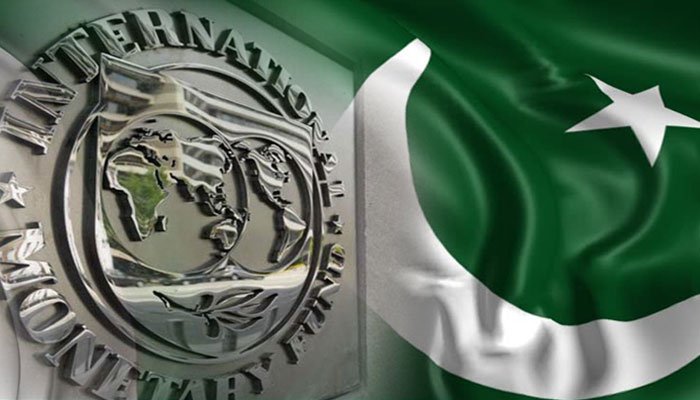Islamabad: Before the virtual talks between Pakistan and the International Monetary Fund (IMF) begin on Monday, the federal cabinet on Sunday approved a plan to increase the power tariff and end subsidies.
The virtual talks, as stated by the global lender, will kick-start from Monday (today) because the two sides failed to strike a staff-level agreement (SLA) even after 10-day talks, which ended on February 9.
According to the plan approved by the federal cabinet, which will be presented to the IMF, the government will jack up power prices by Rs7.91/unit in four quarterly tariff adjustments (QTAs) — Feb-March 2023, March-May 2023, June-Aug and September-November.
Based on the plan, the consumer base tariff will be increased from Rs15.28/unit in June 2022 to Rs23.39/unit till June 2023.
According to reports, the government also approved to end electricity subsidy of Rs65 billion given to exporters, with effect from March 2023.
The government will be able to get Rs51 billion from the withdrawal of subsidy on electricity for exporters, while Rs14 billion will be collected by ending the subsidy on electricity under the Kissan Package from March 2023. For the export sector, the Rs12.13/unit subsidy on electricity will be taken back.
IMF welcomes PM Shehbaz’s commitment to implement policies needed to safeguard macroeconomic stability
As the 10-day staff-level talks between Pakistan and the International Monetary Fund (IMF) ended in a stalemate, the global lender welcomed Prime Minister Shehbaz Sharif’s commitment to implement policies that were needed to safeguard macroeconomic stability and thanked the authorities for the constructive discussions.
In a statement, Nathan Porter, IMF’s mission chief, noted that considerable progress had been made during the talks between the two sides on policy measures to address domestic and external imbalances.
FinMin Ishaq Dar confirms receiving MEFP from IMF; terms conclusion ‘positive’
Following the statement, Finance Minister Ishaq Dar on Friday confirmed that the Pakistani government had received the Memorandum of Economic and Financial Policies (MEFP) from the International Monetary Fund (IMF), as the staff-level talks concluded “positively”, according to the financial czar.
The MEFP is a key document that describes all the conditions, steps, and policy measures based on which the two sides declare the staff-level agreement.
Addressing a press conference in the federal capital on Friday, after the IMF mission left Pakistan without signing a staff-level agreement, Ishaq Dar said that the parleys with the global lender ended “positively” and the government will have to impose Rs170 billion in taxes through a mini-budget to revive the loan program.
The finance minister had said that the 10-day-long discussions were extensive covering the power, and gas sectors and the fiscal and monetary side.
The finance minister had announced that new taxes worth Rs170 billion will be imposed and energy sector reforms will be implemented to restore the loan facility. He had also added that the government was focusing on “minimizing untargeted subsidies”.










